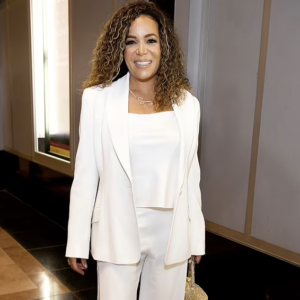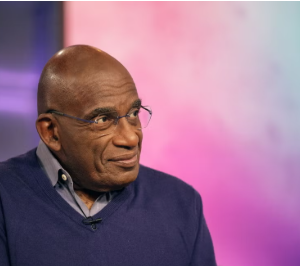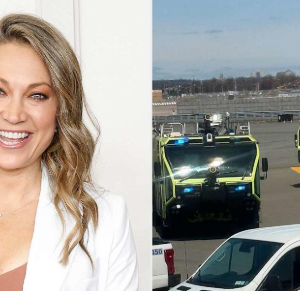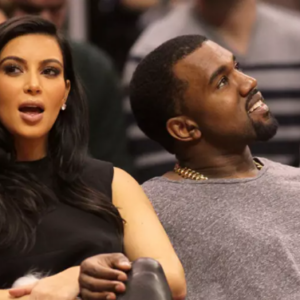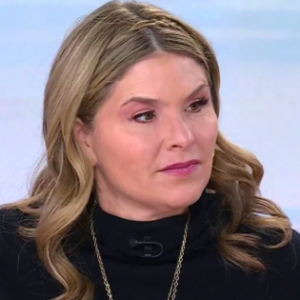Kaitlan Collins Absent from Press Briefing After Clash with Karoline Leavitt
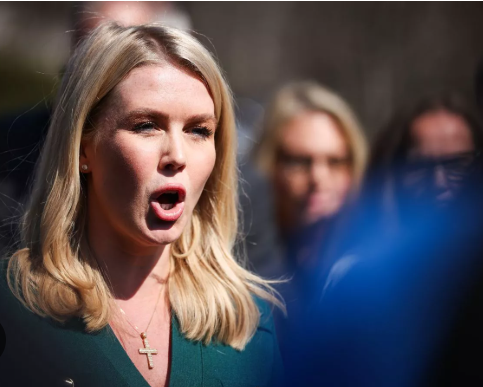
Kaitlan Collins, the Chief White House Correspondent for CNN, recently made headlines when she was notably absent from a White House press briefing. This occurrence follows a high-profile confrontation with Press Secretary Karoline Leavitt, which sparked significant interest on social media. Collins had posed a challenging question regarding President Biden’s pardons, prompting an intense exchange that underscored the often fraught relationship between the current administration and the press.
The incident began when Collins directly questioned Leavitt about the rationale behind President Biden’s recent pardon decisions. Leavitt’s reaction to the inquiry was defensive, suggesting that Collins should conduct her own investigation into the matter rather than expecting clear answers in a press briefing. This response not only showcased Leavitt’s irritation but also highlighted the continuing tension that exists in the briefings. Notably, this confrontation gained traction online, leading many to discuss the impact of partisan politics on journalistic integrity.
The Impact of the Confrontation on Collins’ Role
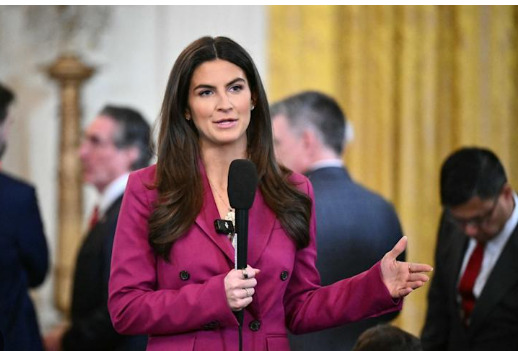
Despite the fallout from this recent altercation, Kaitlan Collins continues to serve as CNN’s Chief White House Correspondent, a position that frequently puts her at the forefront of political news. Her absence from this particular briefing was managed by Jeff Zeleny, who stepped in to take questions from fellow journalists. Collins’ assertive questioning style has earned her a reputation as a formidable reporter, and her clashes with Leavitt are not isolated incidents. In past briefings, Collins has often confronted Leavitt on various subjects, revealing a pattern of questioning that seeks to hold the administration accountable.
These confrontations have been characterized by an undercurrent of escalating tension. For example, Collins has previously criticized the Trump administration’s decision to limit press access to certain events, a move she views as a form of retaliation against outlets and correspondents willing to scrutinize the administration’s actions. This indicates that there is a broader narrative of friction not just between Collins and Leavitt, but also affecting other journalists within the press pool.
Broader Implications for Press Relations
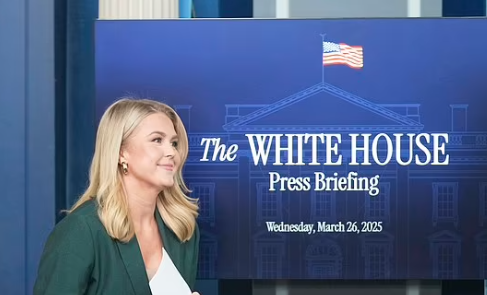
The recent exchange between Kaitlan Collins and Karoline Leavitt highlights larger issues in the relationship between the press and the White House. The current administration’s approach to communication has evolved, leading to notable shifts in how press briefings are conducted. Journalists have observed a more combative posture from the White House, exemplified by Leavitt’s responses to questions from reporters. This transformation has sparked concerns regarding the transparency of the administration and its commitment to an open dialogue with the media.
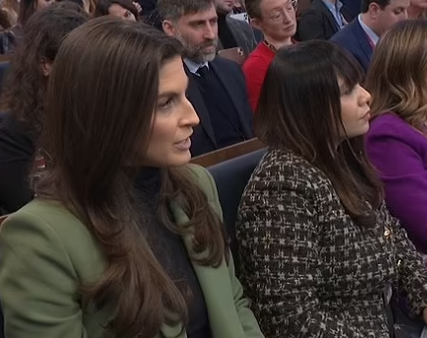
Moreover, the dynamic between Collins and Leavitt illustrates the challenges journalists face when navigating a political landscape marked by animosity towards the press. As the White House seeks to control the narrative, correspondents like Collins are compelled to adapt, often adopting tougher questioning techniques to extract information amid these challenges. The implications of this tense environment extend beyond individual reporters; they also shape public perceptions of the press and its role in a democratic society.
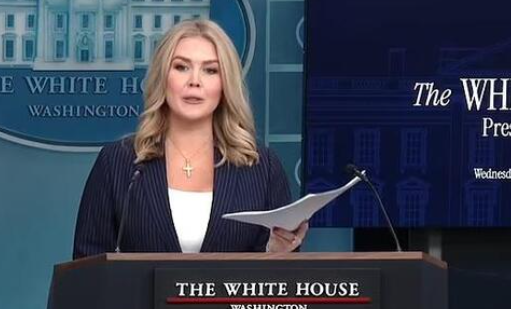
Kaitlan Collins’ absence from the recent press briefing, following her intense confrontation with Karoline Leavitt, serves as a significant reminder of the ongoing challenges faced by journalists today. As tensions persist between the press and the administration, it remains vital for the media to continue advocating for transparency and accountability.
Stay tuned for more updates on this unfolding story and the implications it has for press freedom in the current political climate.
